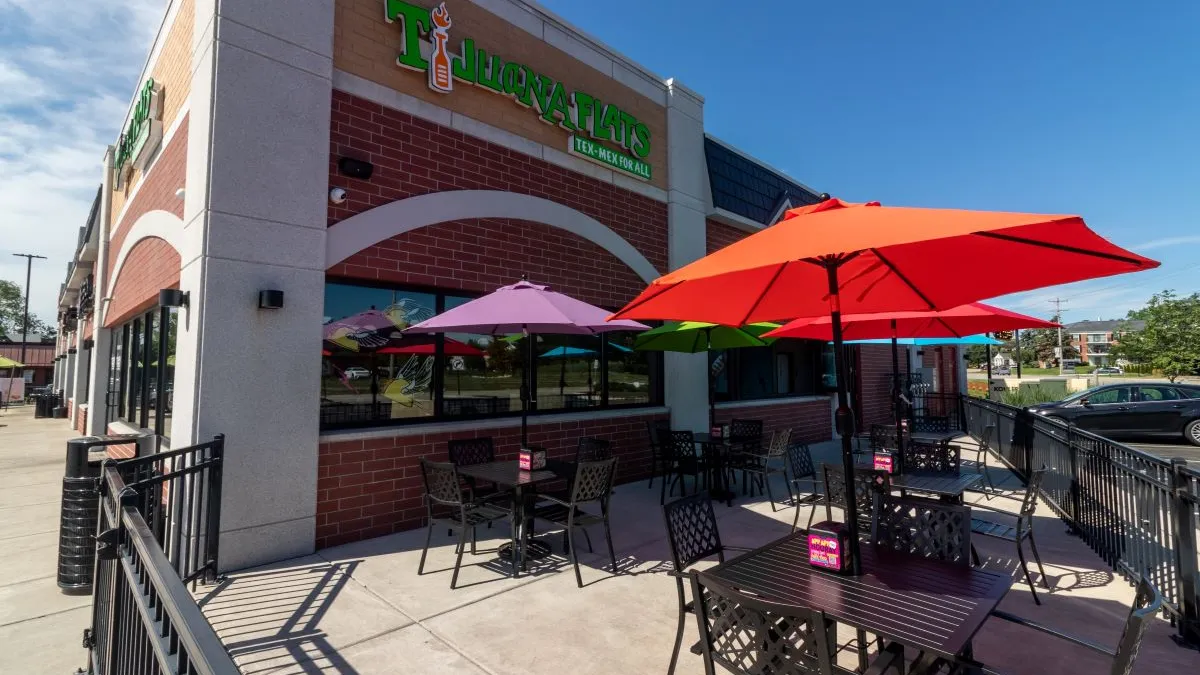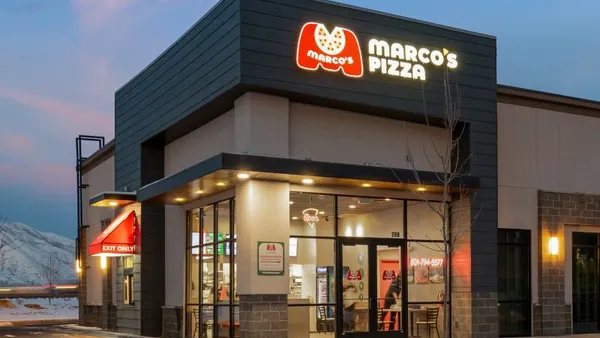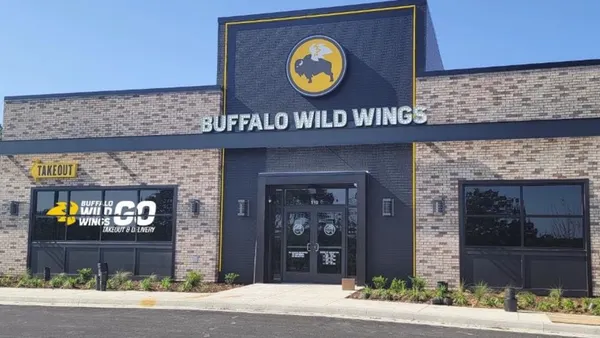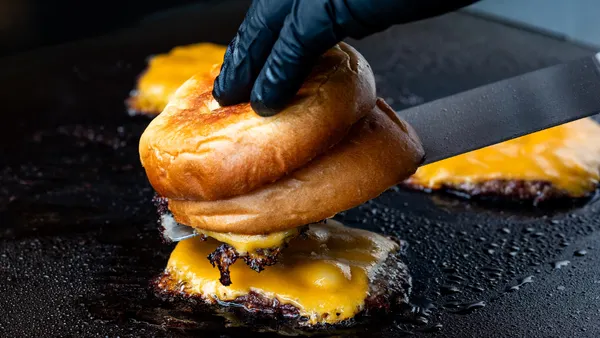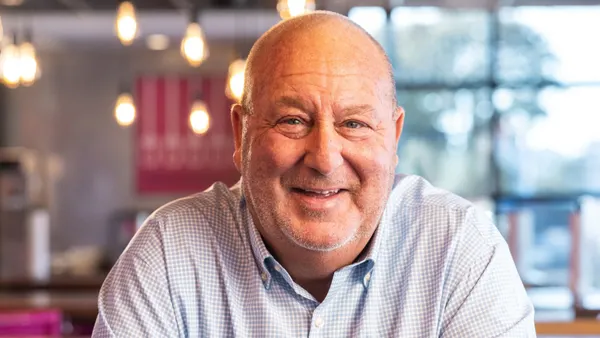Dive Brief:
- Tijuana Flats has appointed James Greco as its CEO, the company announced in a LinkedIn post Monday.
- Greco, who has been president and CEO at Pilgrim Holdings for over 22 years, has experience turning around brands including Sbarro and Bruegger’s. He also helped conceive a growth plan at Newk’s following a private equity acquisition, per his LinkedIn profile.
- The appointment comes about two months after the chain declared bankruptcy and was acquired by Flatheads.
Dive Insight:
At the time of its bankruptcy, the chain said Joe Christina, who led the company since 2022, would remain as CEO; his current role is unclear. Christina’s LinkedIn profile still lists him as CEO and board member.
Greco typically takes temporary leadership roles to lead strategic efforts, per his LinkedIn profile experience.
“Greco is an industry veteran who has served as executive, consultant and board member in the restaurant, food manufacturing and service industries specializing in enterprise transformations,” Tijuana Flats said in the LinkedIn post. “We are grateful to have his leadership during this momentous time in our business as we work to unlock the full potential of our brand.”
The brand’s new owners said in April that it would work to improve quality controls, speed of service, food consistency, serving size and in-store experience — strategies that Greco will likely continue. The new owners also want to renovate an undisclosed number of Tijuana Flats locations.
Tijuana Flats went bankrupt following several financial missteps. In 2021 and 2022, management wanted to increase revenue and profits through a menu expansion, according to court documents. The menu upgrades needed more equipment, staffing and longer prep time. These issues decreased speed of service, increased costs and led to dissatisfaction among customers, which drove sales declines over time.
During 2023, it reported same-store sales declines of 7.2% and negative EBITDA of over $523,000. Last year, its lender, Truist Bank, required the chain to post $1.2 million in an interest reserve. Along with scheduled quarterly payments of $250,000 each, the company said it lost “much-needed working capital during a challenging operating period.”
Additionally, the chain faced high food and labor costs and changes to consumer spending habits, the court document said. The brand tried to raise prices but that led to “limited success” and the chain had to close 29 corporate-owned restaurants from January to April 2024, per the court filings. Heading into bankruptcy, the chain had 65 company units and 26 franchised units, down from 120 corporate restaurants at its peak.



